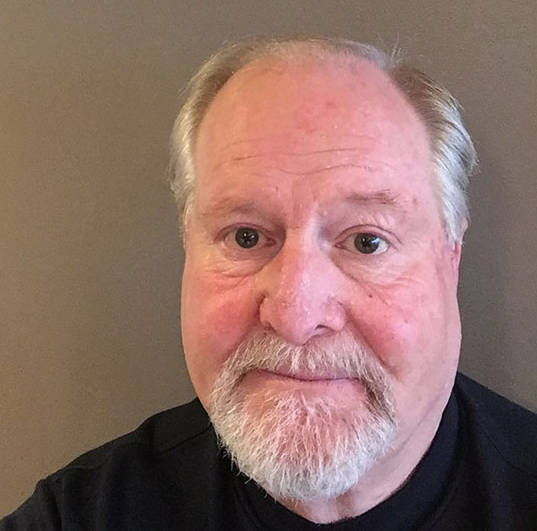I respect many of Hilary Emmer’s efforts on behalf of struggling members of the community. I think she’s wrong about Neighborcare Health (NcH) and wrong about health care funding for this island.
Most, if not all, of Ms. Emmer’s criticisms were addressed by NcH’s CEO, chief operations officer and chief development officer in two recent public forums as well as in direct personal explanations/conversations with her. Her opinion piece last week fails to acknowledge any of the substantive responses of NcH on these questions. Repeating the responses to each of these assertions fails to move the discussion on this important topic forward.
The analysis of NcH’s financial position as stated in the opinion piece ignores both NcH’s public health program contingent repayment liabilities and the expenses attendant to running dozens of other clinics, serving other communities. It is difficult to understand the rationale for asserting that, on a forward-going basis, we should use money raised for the support of care in other communities so that we need not raise or spend our own funds.
Contrary to the assertion in the piece, there has been no proposal about “funneling” money to NcH, or to anyone else. The discussion which was attributed to me was clearly identified and presented as a brief overview of how comparable communities have found (and not found) solutions to strikingly similar community health care problems. It was about communities rising to the challenge.
Most comparable communities have formed or aligned themselves with public health districts of one sort or another to equitably spread the cost of providing a needed and valued service.
The forums presented by the Vashon Maury Health Collaborative address how we as a community can and should approach a sustainable program of health care on this island. Regardless of whether the service provider is NcH or some other entity, the current economics of primary care uniformly result in a shortfall of revenues vs. expenses. The lack of a durable and sufficient mechanism for funding community health care leaves us forever dependent upon the actions of some off-island entity. There is no one that owes this island health care. Perhaps one day our society will embrace the concept of a universal right to health care, but as of now, it has not done so.
The premise that a care provider must earn Ms. Emmer’s trust misses the point entirely. Liking or disliking NcH doesn’t make primary care sustainable. Neither does disliking taxes. If we want a health care clinic that serves the island, we must be willing to accept that there is a cost for receiving that benefit. As a community we should prove ourselves a reliable partner in care delivery, whether for the current service provider or any other one. A sustainable care system requires consistent, predictable, and reliable funding from or on behalf of the community. Coincident with the development of reliable funding is the creation of responsible accounting and auditing. This is not about NcH. It is about us taking the tiller and controlling how health care for our community is structured. It’s just what the grannies did 45 years ago, but the economics of health care are tougher.
Finding solutions to a problem is more difficult than throwing rocks at ideas or a provider one may not like. NcH has provided and continues to provide a valuable service to our community. They came to this island’s aid when literally no one else would. They deserve support and constructive discussion, not disdain.
There are people in this community working hard to come up with palatable solutions for sustainable island health care that we all can get behind. It’s hard to see how Ms. Emmer’s opinion piece is helpful to that challenge.
The opinion expressed here is my personal opinion and not that of NcH. I do sit on the board of directors for Neighborcare Health, and I am proud to do so. It is a fact about which neither I nor this paper have ever been less than completely forthcoming.
The Annual Neighborcare Health Report to the Community for the Year 2017 may be found at tinyurl.com/yae2qfqu.
— John F. Jenkel is a retired attorney. He is a member of the Vashon Maury Island Health Collaborative, and he sits on the board of directors for Neighborcare Health. He lives on Maury Island.



